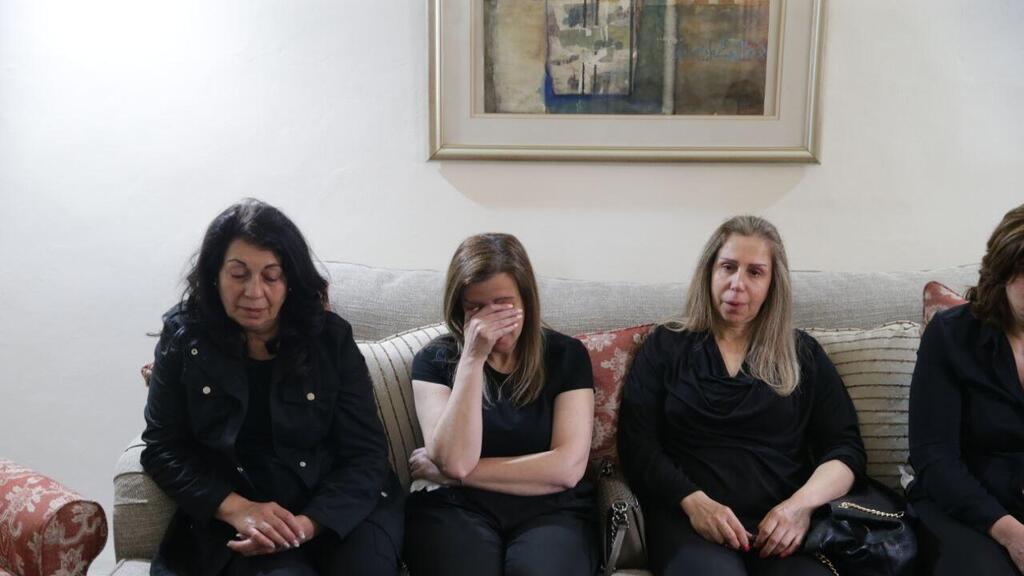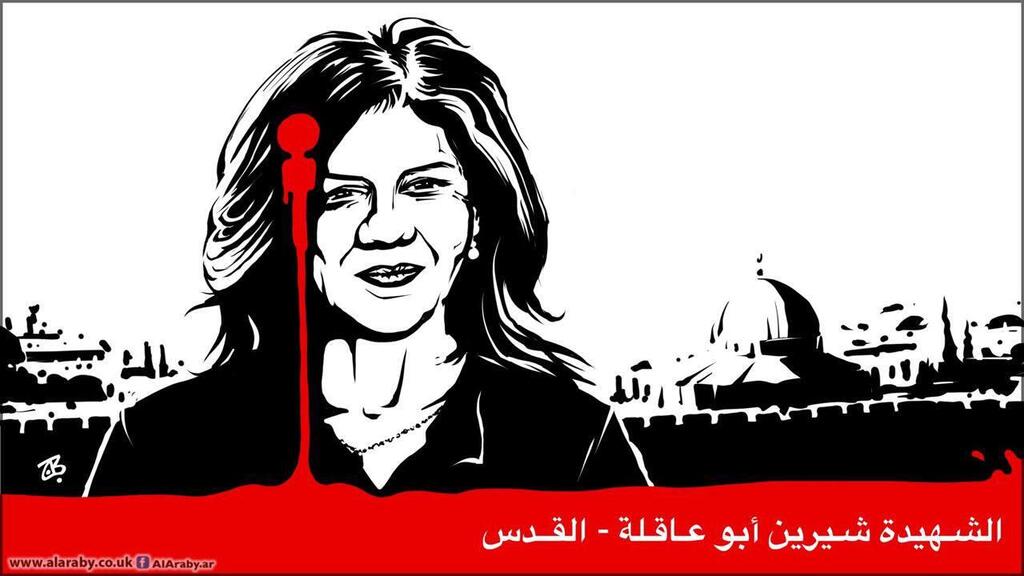The death of Shireen Abu Akleh, the Al Jazeera journalist killed in a firefight between Israeli troops and Palestinian militants in the West Bank city of Jenin on Wednesday, has caused a stir across the Arab world.
The seasoned 51-year-old reporter has been covering events in the West Bank for over 20 years and has become a household name across the Arab world.
Abu Akleh, a native of East Jerusalem who also held U.S. citizenship earned an undergraduate degree in journalism from the Yarmouk University in Jordan.
Al Jazeera interrupted its regular programming to report her death, which the network pinned on Israeli forces. Arab social media exploded with furious posts accusing Israel of her death and calling for vengeance.
The reporter said in the past that she felt threatened by IDF troops and West Bank settlers.
"I go anywhere, and cover everything in Palestine," Abu Akleh is heard saying in an old interview with her released by Al Jazeera on Wednesday.
"You always feel threatened. We are often told to show our identity papers, not only by troops but by armed West Bank settlers as well. It is a challenge to deal with the military and the armed settlers."
Before joining Al Jazeera, she had worked at several Palestinian radio stations and a Jordanian television channel.
"For a quarter of a century, Shireen Abu Akleh put herself in harm's way to cover wars, attacks and the aggression of the Israeli occupation against Palestinians," Al Jazeera said in a statement. "We condemn the heinous crime and place the responsibility on the Israeli government and its occupation forces."
The network also demanded the international community condemn the killing.
Another Palestinian journalist, who was injured in Jenin, said from his hospital bed that IDF forces fired directly at the journalists, including himself and Abu Akleh.
The killing of the popular journalist raised concerns of international backlash among Israeli leaders.
In response to the reporter's death, U.S. Ambassador Tom Nides on Twitter called for "a thorough investigation into the circumstances of her death and the injury of at least one other journalist today in Jenin."
3 View gallery


Members of Abu Akleh's family in her home in Jerusalem after learning of her death
(Photo: Alex Kolomoisky)
The IDF said Abu Akleh may have been shot by Palestinian gunmen who were firing wantonly at Israeli troops at the time.
The military also released a video in which a Palestinian can be heard saying excitedly that one of the gunmen standing beside him had hit an Israeli soldier, who had fallen to the ground. However, no Israeli troops were hurt in the incident, lending credence to the possibility it was Abu Akleh.
Prime Minister Naftali Bennett and other senior members of his Cabinet said they had offered to conduct a joint investigation into the incident with the Palestinian Authority (PA), but were rejected.
Without a forensic review and the bullet that killed Abu Akleh, the identity of the shooter might never come to light.
Bennett criticized PA President Mahmoud Abbas for making unsubstantiated claims that Israel was to blame for the killing.
IDF Chief of Staff Aviv Kochavi said the military was launching an investigation into events in Jenin.



